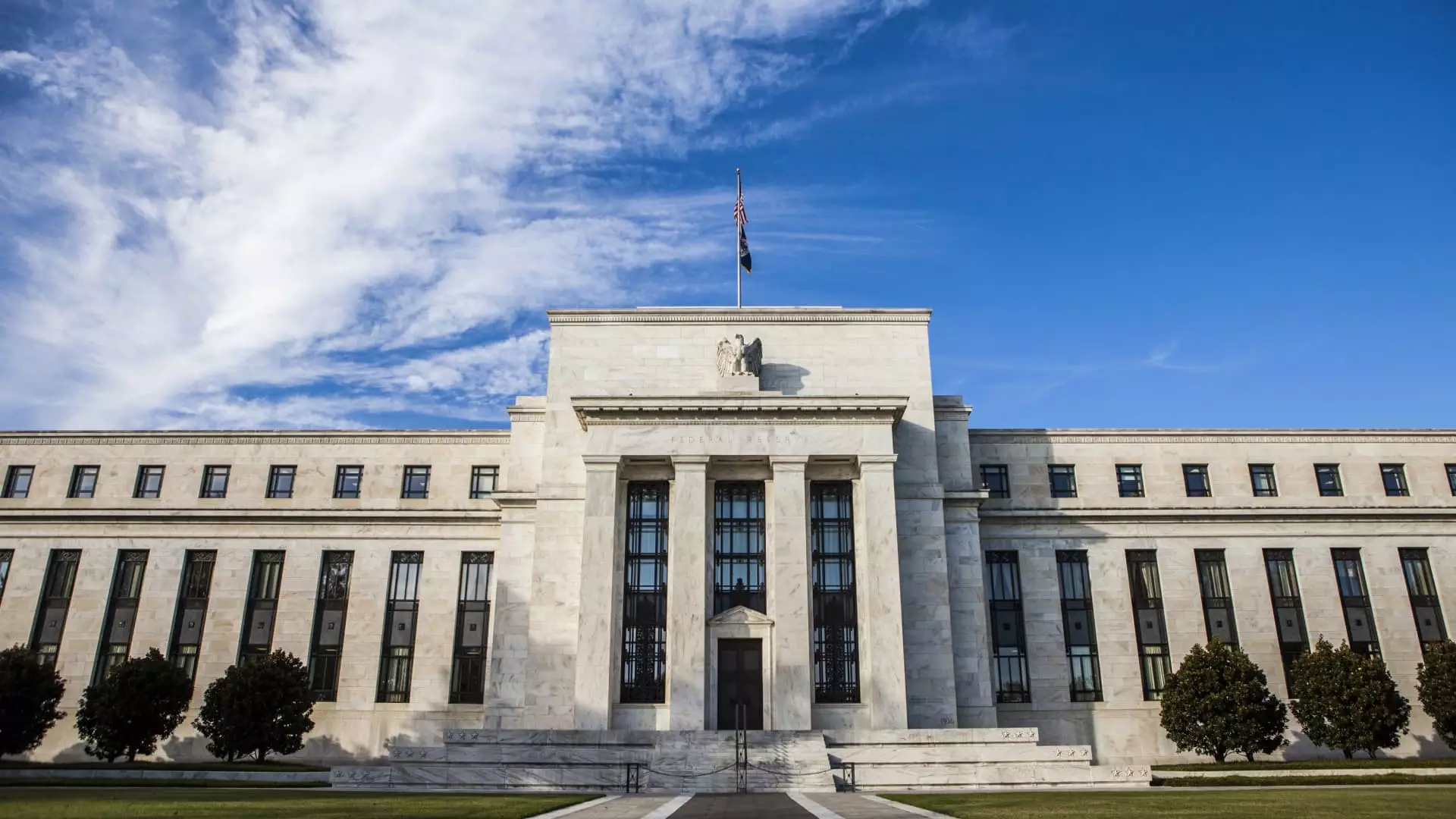In a significant development within the banking sector, a coalition of financial institutions and business organizations is initiating legal action against the Federal Reserve regarding its annual bank stress tests. This lawsuit, spearheaded by the Bank Policy Institute (BPI), which advocates for major players such as JPMorgan, Citigroup, and Goldman Sachs, seeks to rectify what they characterize as persistent legal shortcomings within the current stress testing framework. The legal coalition, which also includes prominent entities such as the American Bankers Association and the Ohio Chamber of Commerce, argues for a more transparent process that adheres to federal law requirements.
The groups involved are not fundamentally opposed to stress testing as a practice; however, they assert that the existing methodology is insufficient and leads to fluctuating, unpredictable requirements regarding bank capital. Stress tests are designed to ensure that banks remain resilient by maintaining adequate reserves to manage potential losses stemming from bad loans. Yet, the plaintiffs highlight that the current execution creates ambiguity that undermines the stability of the financial system. They contend that this inconsistency can distort lending practices and limit economic growth, placing undue burdens on banks striving to meet capital requirements.
Recent Developments from the Federal Reserve
In a timely response to these criticisms, the Federal Reserve announced intentions to update its stress testing processes. In a public statement, Fed officials indicated that they are considering significant changes aimed at enhancing the transparency of the stress tests while also balancing the regulatory demands on capital buffers. The Fed’s decision is reportedly influenced by evolving legal contexts and recent modifications in administrative laws. Despite this proactive stance, the Fed has not disclosed specific adjustments to their testing framework, leaving stakeholders uncertain about the potential impacts these changes might bring.
Mixed Reactions from the Banking Sector
The announcement from the Federal Reserve has elicited varied reactions. While BPI CEO Greg Baer lauded the intention behind the Fed’s planned revisions as a step toward greater transparency and accountability, he also underscored the need for further examination of these changes. His remarks suggest that, despite the proposed adjustments, there may be deeper structural issues within the stress tests that warrant additional scrutiny and potential legal measures to safeguard the interests of banks and foster an environment conducive to economic growth.
The legal action initiated by the banks may open a critical dialogue regarding the balance between regulation and financial stability. As the industry grapples with these stress testing procedures, stakeholders will be closely monitoring any upcoming Fed changes alongside the developments in the lawsuit. A decisive ruling in favor of the banks could fundamentally reshape the stress testing landscape, potentially leading to more predictable regulatory outcomes that facilitate enhanced bank lending capacity and broader economic benefits. In sum, the stakes are high for both the financial industry and supervisory authorities as they navigate the complexities of risk management in a rapidly evolving economic climate.

